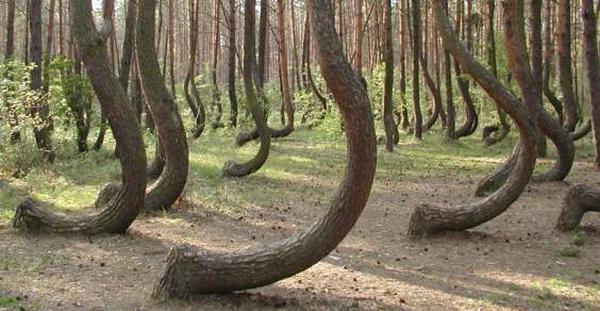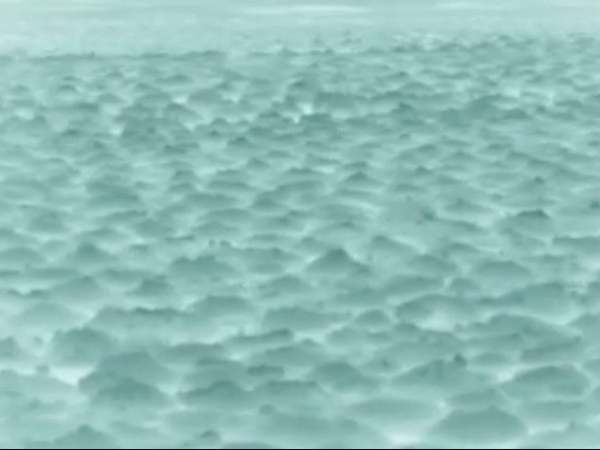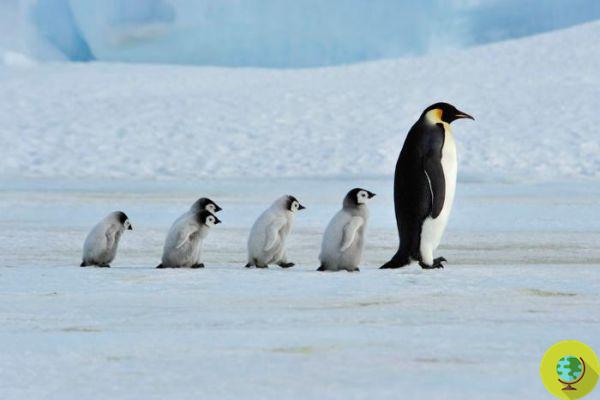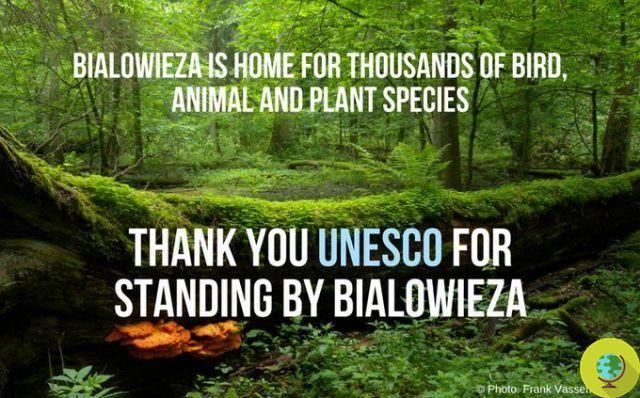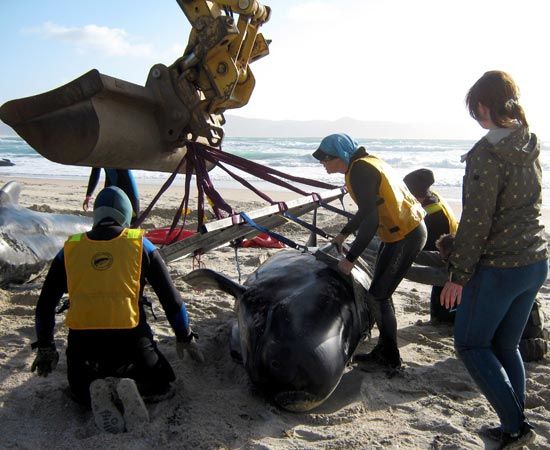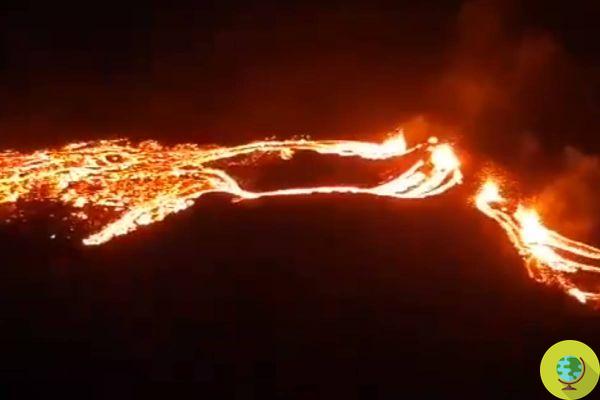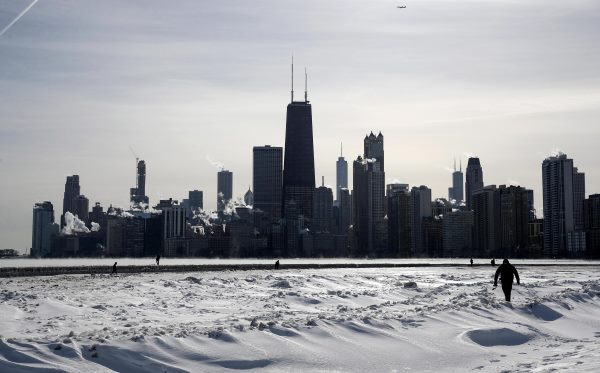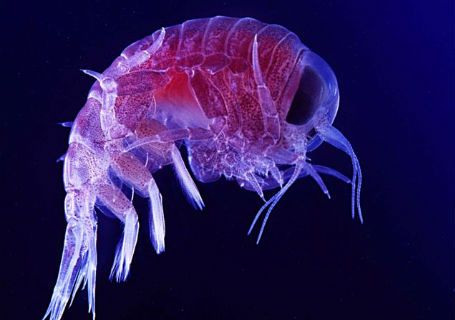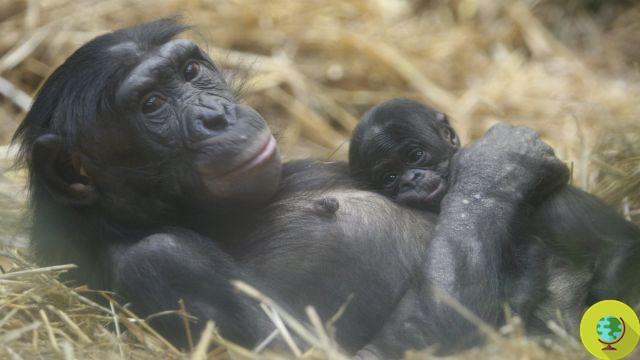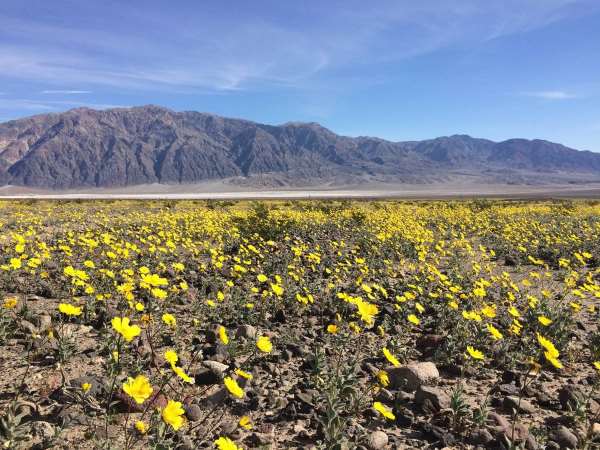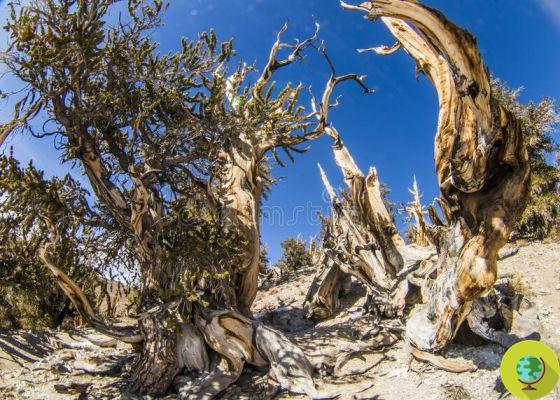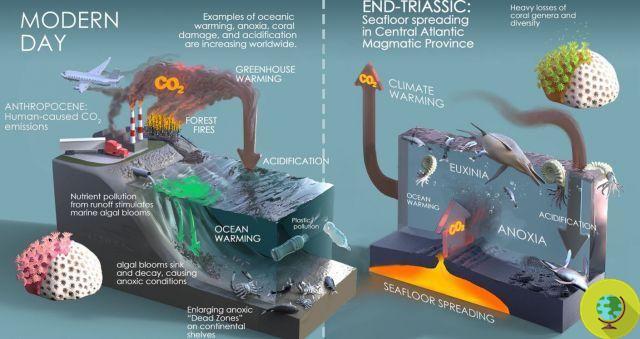
What would happen on earth if suddenly huge quantities of greenhouse gases were released into the atmosphere? Simple: the extinction of living species, animals and plants, including man. Researchers at the University of Copenhagen, coordinated by Micha Ruhl, believe that it was a massive release of carbon dioxide and methane, followed by rapid climate change, which caused the collapse of the planet's marine life with the extinction of about 50 % of animals occurred 201 million years ago, at the end of the Triassic.
He is about to end up run over, his mother saves him
What would happen on earth if suddenly huge quantities of greenhouse gases were released into the atmosphere? Simple: theextinction of living species, animals and plants, including man. Researchers fromUniversity of Copenhagen, coordinated by Micha Ruhl, believe it was just a massive release of carbon dioxide and methane, followed by rapid climate change, the cause of the collapse of the planet's marine life with the extinction of about 50% of animals which occurred 201 million years ago, at the end of the Triassic.
Until now, many believed that the extinction was caused by the intense volcanic activity due to breaking of the Pangea, the super continent that included all the land masses of the Earth. But Micha Ruhl and colleagues, having found traces of carbon isotopes in the resin produced by the leaves of some plants, they found that at least 12.000 billion tons of methane (consisting of carbon and hydrogen, CH4) were released into the atmosphere for a relatively short period, between 10 and 20 years, within the longest 600-year span in which Pangea separated.
This would therefore be the most plausible explanation ofextinction of life on the Blue Planet.
It happened and it might happen again. If we consider the amount of 2 "> emissions of greenhouse gases that man releases into the atmosphere, according to Dr. Ruhl there would be the possibility that history could repeat itself, in the event that global warming causes the release of methane present today in the seabed. According to Ruhl, “if something similar were to happen, climate change would accelerate radically”.
But these are only hypotheses. Many studies will still be needed both to better ascertain what happened in Triassic that to really understand and if the event could really repeat itself.
Roberta Ragni




